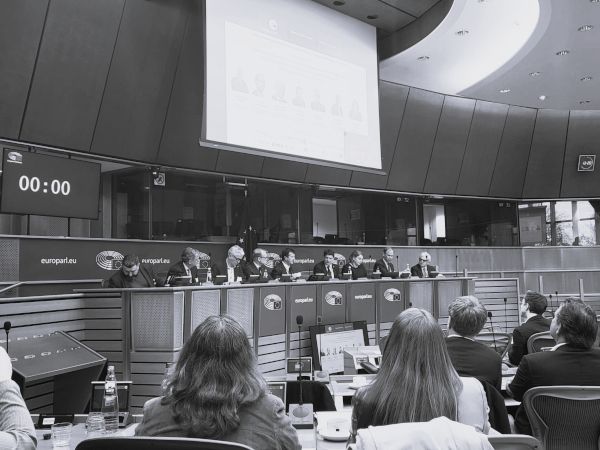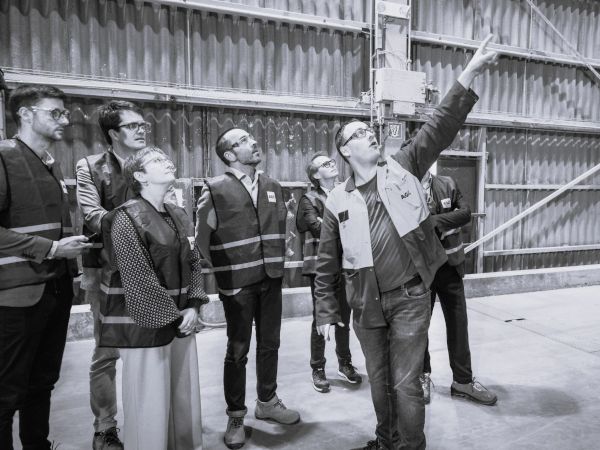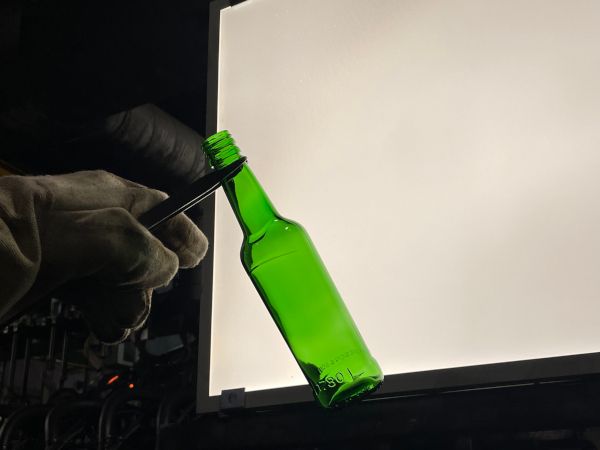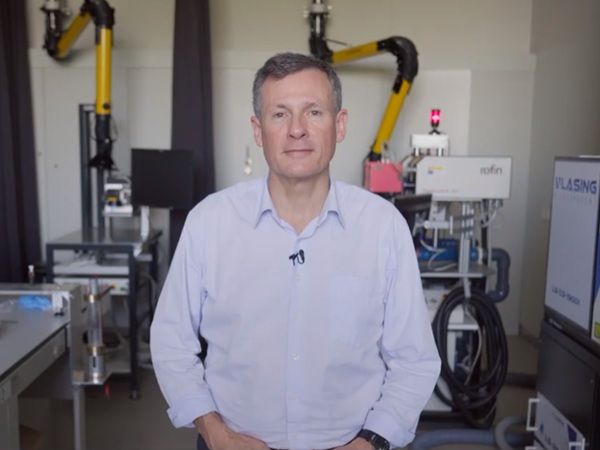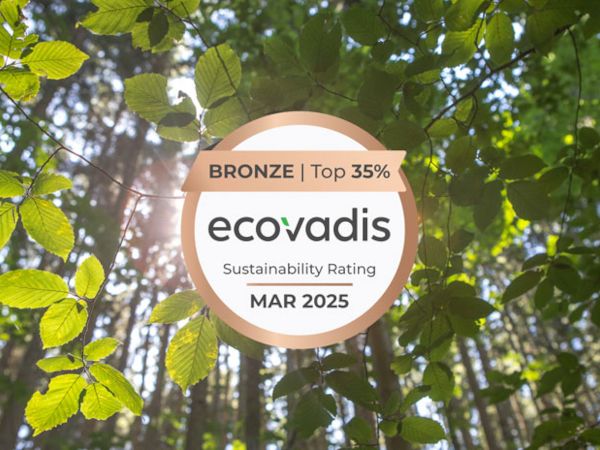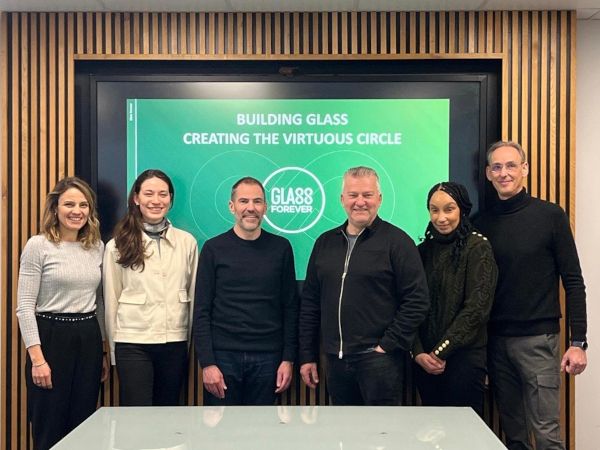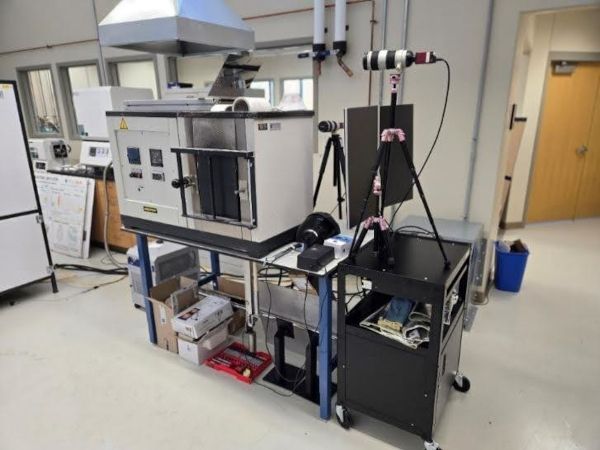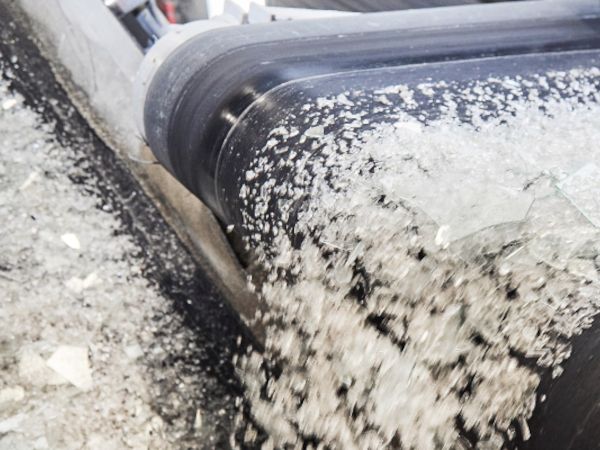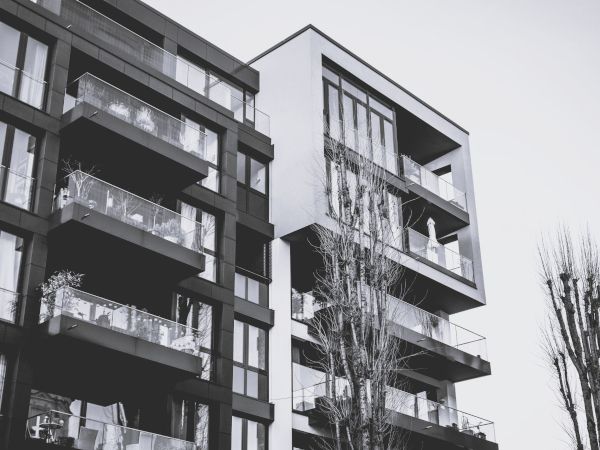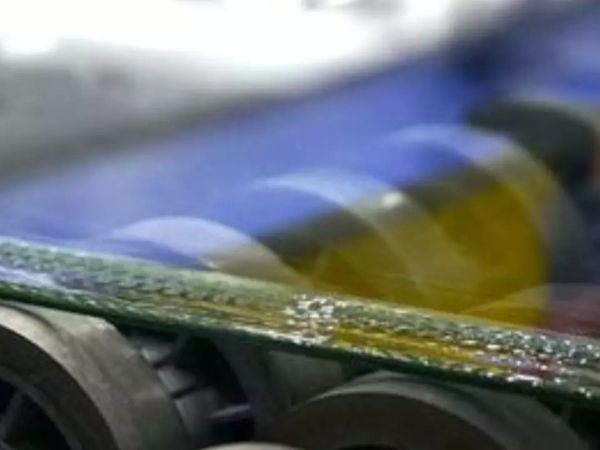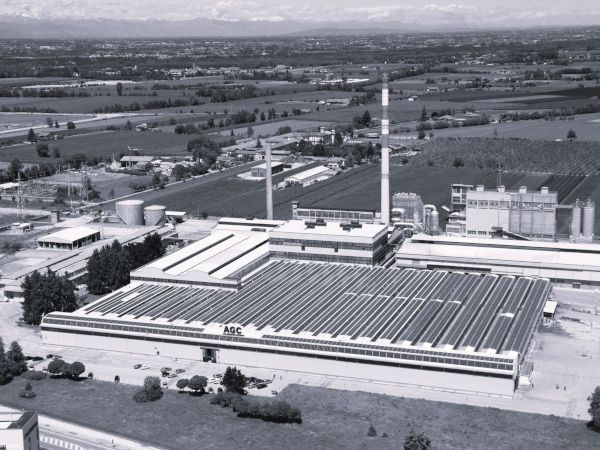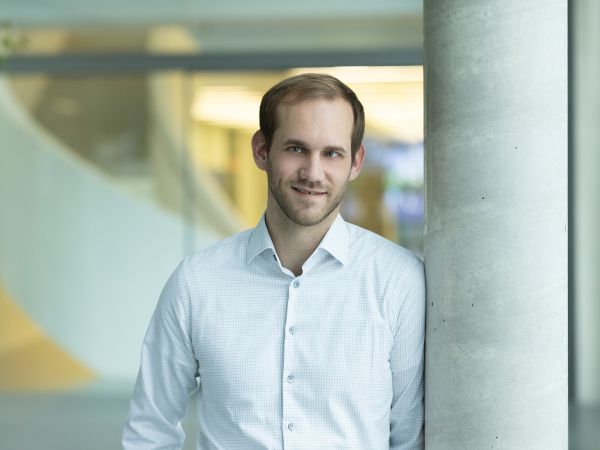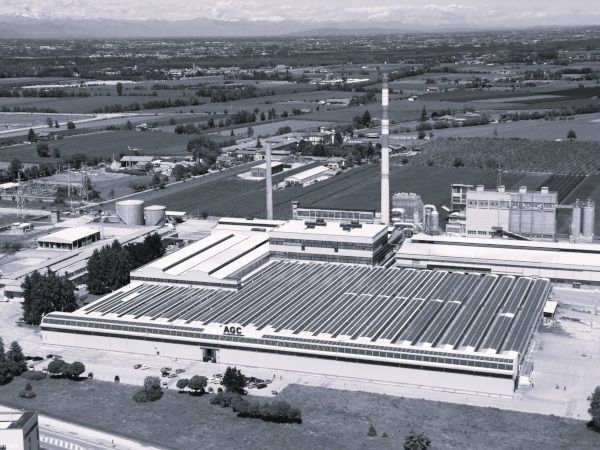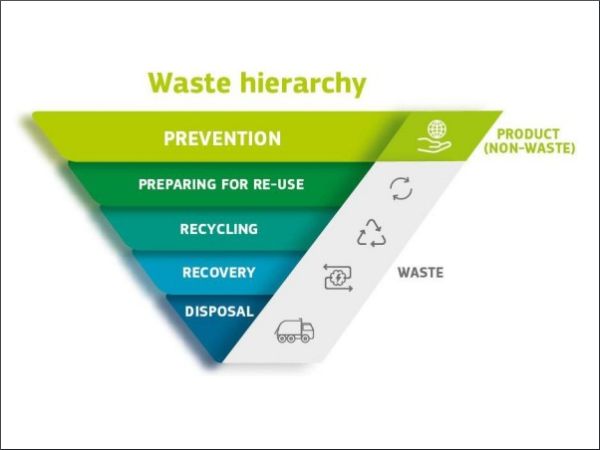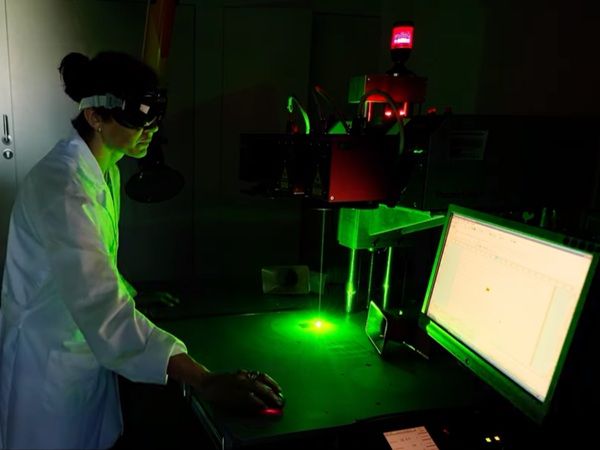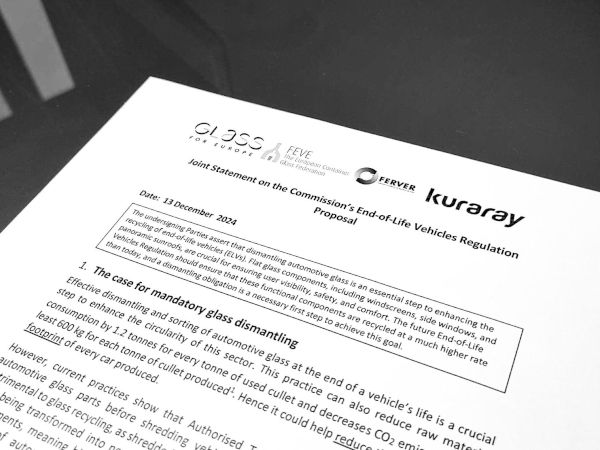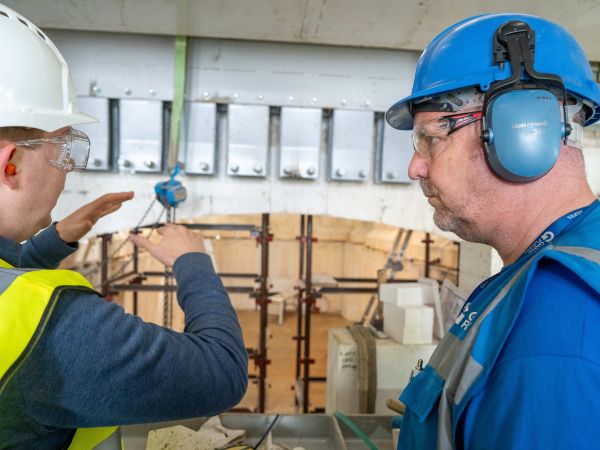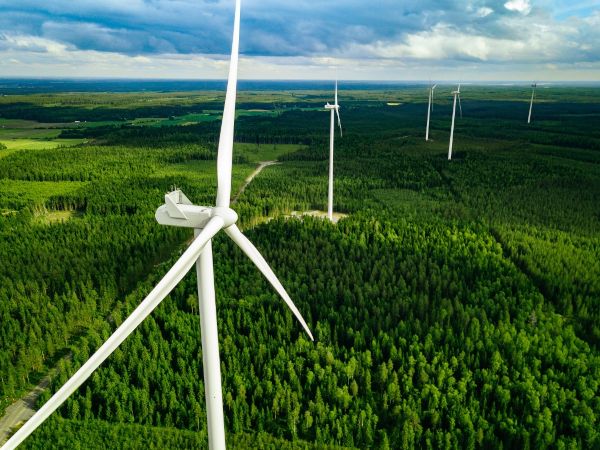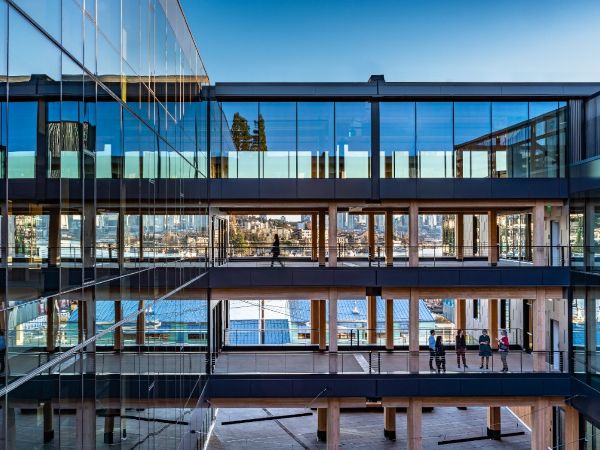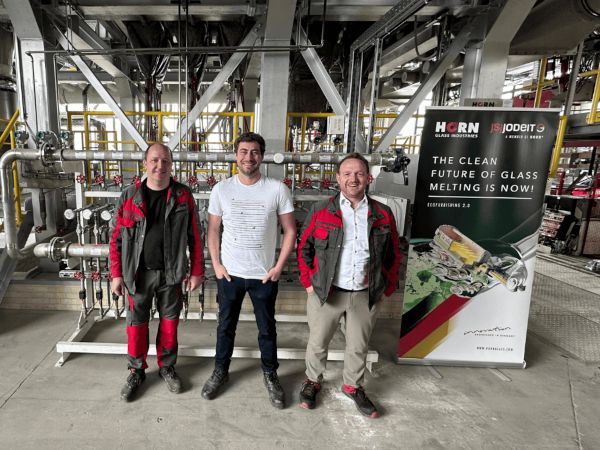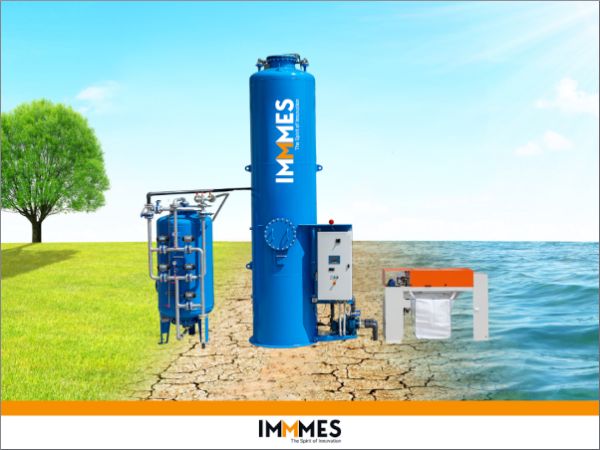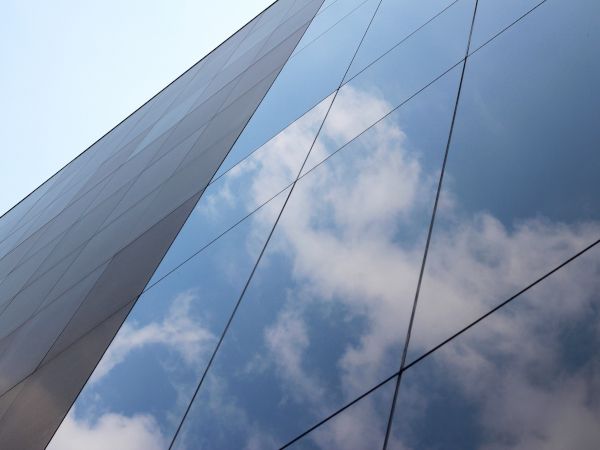Others also read
The Parliament’s draft resolution points out the difficulties facing energy intensive sectors, primarily high energy prices and decarbonisation challenges and calls for rapid action on energy prices, permitting, trade defence and carbon leakage.
On 24 March, MEP Bruno Tobback (S&D, BE) and his team visited AGC’s float glass plant in Mol. Bruno Tobback was Minister of Environment and Pensions in the Belgian federal government from 2004 until 2007.
Successful industrial fuel switching trials advance energy efficiency, cut carbon emissions, and support the UK's net-zero transition with sustainable alternatives.
Juan Pou, Professor of Applied Physics at the University of Vigo and coordinator of the EVERGLASS project, shares his passion for laser technology applied to glass recycling.
LiSEC is pleased to announce that the company has received the bronze medal from EcoVadis for outstanding sustainability performance.
The European Commission has launched an Industrial Action Plan to strengthen the automotive sector’s competitiveness, resilience, and sustainability.
Saint-Gobain Glass and Eckersley O’Callaghan unite to drive the market toward low-carbon façades.
GMIC advances electric melting research with a $3M DOE grant to cut glass production emissions by 85%+. Key progress: Cold-Top Furnace setup, successful tests, and glass formulation refinements.
Maltha Glass Recycling, a leading European recycler and Renewi subsidiary, announces a successful pilot test with Saint-Gobain.
As the EU tackles the housing crisis, Glass for Europe highlights energy efficiency as key to affordability, offering recommendations to support sustainable, cost-effective homes.
Saint-Gobain Glass France recently carried out a successful trial at its Aniche plant, integrating a bioliquid from the wood industry as an alternative energy source in the manufacture of flat glass for the building sector.
Glass for Europe presents its recommendations for the Clean Industrial Deal to ensure competitiveness and sustainability in the flat glass sector.
Thomas Wesian, Product Manager at Binder+Co AG, Germany, was a speaker at glass trends live at glasstec 2024, where he spoke about the AI-optimised and data-driven future of recycling.
Glass for Europe outlines key recommendations to align industrial competitiveness with ambitious decarbonisation goals.
New production line to drive recycling rates towards 100%
Review of the technical feasibility and sustainability potential of the different end-of-life options for various building glass products
Watch scientists from the EVERGLASS team introduce the project and explain how it is improving the future of glass recycling.
Glass for Europe, FEVE, FERVER, and Kuraray co-publish a joint statement to support the mandatory dismantling of automotive glass in the future EU End-of-Life Vehicles Regulation (ELVR).
Following the ground-up construction of a unique R&D asset for the global glass industry, Glass Futures is entering a key stage in serving its international membership on the journey towards a fully decarbonised supply chain.
British Glass has shared an update on the industry’s route to net zero, publishing the latest progress since the 2021 strategy release.
HPDs verified for uncoated float, vacuum coated and UltraMirror® glass
By targeting the most energy-intensive part of the glass production process, namely the melting of the glass, ZeroCO2Glas opens up the possibility of saving a particularly large amount of energy and greenhouse gases.
Glass for Europe’s national partners group met in Brussels to discuss the implementation of EU legislations, circular economy and recycling.
Water is the resource of the future, and IMMMES is committed daily to its protection.
The transition to net zero emissions in the glass sector will require significant investments, estimated at least €15 billion by 2050.

